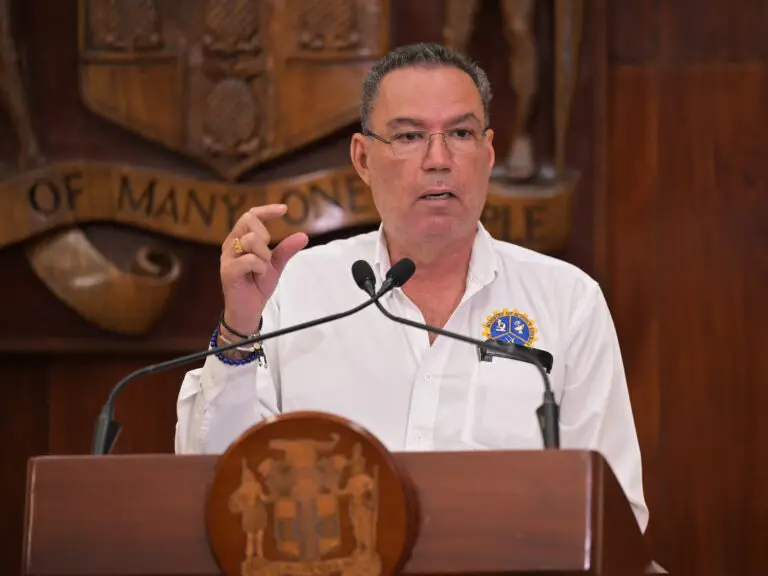KINGSTON, Jamaica — A wave of road-related deaths is casting a dark shadow across the island, with the death toll now reaching 223 since the start of the year — a figure that has reignited national concern over the worsening state of road safety in Jamaica.
The Ministry of Transport has described the current situation as nothing short of a public emergency, with authorities citing a disturbing mix of reckless driving, non-compliance with safety laws, and growing cultural indifference to responsible road use.
“What we’re facing is a national trauma unfolding in real time,” a senior Ministry official stated under anonymity. “We are losing fathers, mothers, youth with bright futures — all to preventable acts of negligence and poor judgment.”
While June’s Road Safety Month delivered its usual appeals and awareness campaigns, the numbers have refused to flatten. Instead, fatal crashes continue to climb — often involving motorcycles, minibuses, and private vehicles in scenarios marked by excessive speeding, intoxicated driving, and outright defiance of traffic regulations.
Beyond Enforcement: A Cultural Reckoning
Insiders within the Transport Ministry have acknowledged that Jamaica’s road safety issue is not just legal, but cultural. The laws exist, the agencies are active, yet too many drivers and pedestrians alike are disengaged from the basic principles of accountability.
“There is a normalization of chaos on our roads,” one stakeholder from the Island Traffic Authority remarked. “Until we break that norm, no number of traffic stops will be enough.”
In a bid to shift momentum, the government plans to intensify multi-agency coordination. This will include expanded JCF-led checkpoints in critical corridors, high-visibility public education drives in crash-prone zones, and renewed collaboration with schools and community organizations to target younger, more impressionable road users.
A Nation on the Brink
The growing fatality rate is now forcing deeper questions about the kind of society Jamaica is becoming — one where life is increasingly cheapened by careless decisions behind the wheel.
Experts warn that without decisive behavioural reform, road deaths may soon outpace some forms of violent crime as a leading cause of national grief.
“We’re not just counting casualties,” said one road safety advocate. “We’re counting broken homes, lost dreams, and entire futures wiped out by a single bad choice.”
The Call to Conscience
While enforcement measures ramp up, the Transport Ministry is appealing to every Jamaican — driver, passenger, pedestrian — to treat road safety as a civic duty, not just a regulatory burden.
“Until the average citizen feels personally responsible for every outcome on the road, we will keep writing these stories,” the source added grimly.
As the nation reckons with yet another tragic tally, the question remains: how many more lives must be lost before the culture behind the wheel finally changes?

